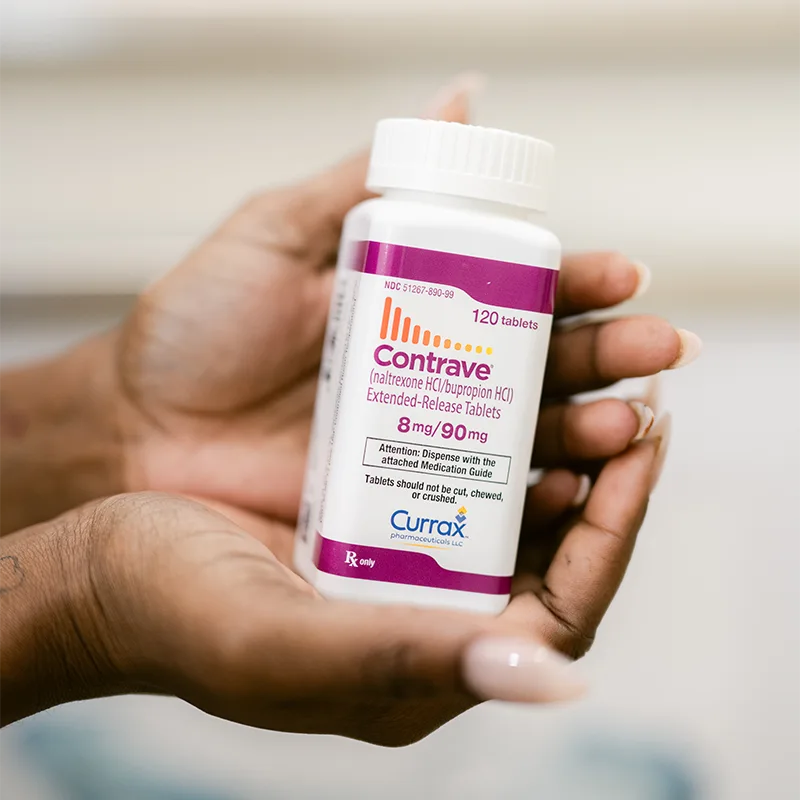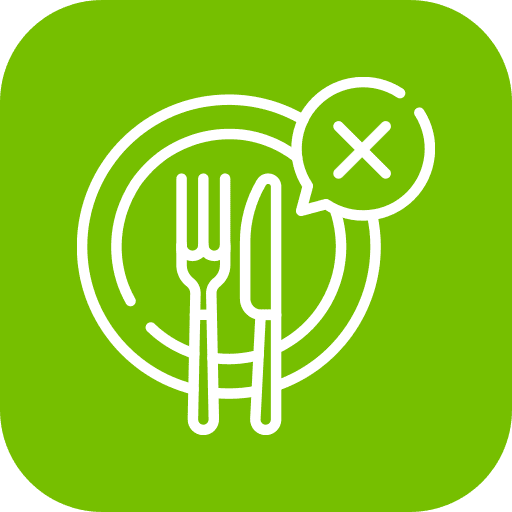Contrave for Weight Loss

A Daily Pill to Control Cravings and Support Weight Loss
Sometimes the hardest part of losing weight isn’t hunger — it’s the cravings and emotional eating that get in the way. Contrave is an FDA-approved prescription medication that helps control appetite and reduce cravings, making it easier to stay consistent with your weight loss plan.
At PrecisionMD Wellness and Weight Loss, our providers prescribe Contrave for patients in our Decatur and Madison clinics and through telemedicine across Alabama, helping you manage the mental and physical sides of weight loss.





How Contrave Works




Benefits of Contrave
Patients prescribed Contrave often experience:
- Fewer cravings and less emotional eating
- Improved consistency with diet and exercise plans
- Steady, sustainable weight loss
- More control over food-related behaviors






Who Is a Candidate for Contrave?
You may qualify for Contrave if you:
- Have a BMI of 27 or higher with weight-related conditions
- Have a BMI of 30 or higher even without other health concerns
- Carry excess body fat or an increased waist circumference that raises health risks, even if your BMI is lower
- Struggle most with cravings or emotional eating rather than hunger alone
- Prefer a daily oral medication instead of an injection
Frequently Asked Questions

How is Contrave different from GLP-1 medications like Wegovy or Zepbound?
Do I need to diet while taking Contrave?
How quickly will I see results?
Will I gain the weight back if I stop taking Contrave?
How much does Contrave cost?
How much weight will I lose with Contrave?
What are the side effects of Contrave?




Contrave at PrecisionMD
When you begin Contrave treatment with us, you’ll receive:
- A full consultation and lab review
- A personalized treatment plan based on your health history
- Guidance on how to take Contrave safely and effectively
- Regular follow-up visits every 4–12 weeks
- Ongoing support for nutrition and lifestyle changes
Reduce cravings, stay consistent, and finally see results.

Contrave in Decatur, Madison, and Across Alabama
We prescribe Contrave in our Decatur and Madison clinics and offer telemedicine statewide, making weight loss support accessible to patients across Huntsville, Athens, Cullman, Hartselle, Hazel Green, Harvest, and New Market.
Take the first step today — schedule your consultation and see if Contrave is right for you.

